A Conceptual Dictionary of Technical Terms in Yoga Philosophy
₹1,395.00
| Author | Anita Swami |
| Publisher | Vidyanidhi Prakashan, Delhi |
| Language | Sanskrit Text With Transliteration and English Translation |
| Edition | 2015 |
| ISBN | 978-9380651668 |
| Pages | 311 |
| Cover | Hard Cover |
| Size | 14 x 2 x 22 (l x w x h) |
| Weight | |
| Item Code | VN0049 |
| Other | Dispatched in 1-3 days |
10 in stock (can be backordered)
CompareDescription
A Conceptual Dictionary of Technical Terms in Yoga Philosophy -: A Conceptual Dictionary of Technical Terms in Yoga Philosophy Comprises 145 technical terms of immense importance that were identified and extracted from 15 original Sanskrit Yoga Texts such as Yogasutra, Vyasabhasya, Tattvavaisaradi, Yogavarttika and their commentaries. To maintain authenticity, the terms have been explained on the basis of concerned original Sanskrit lines available in the above texts. The original Sanskrit lines have been presented in Romanized form and also translated into Hindi and English. The unique contributory aspect of this Dictionary lies in the psychological interpretation of some of the important terms from Western perspective. The Dictionary is especially meant for academicians, practitioners who seek the deeper meaning of Yoga’s symbols and metaphoric language and serious researchers interested in the area of Indian Philosophy in general and Yoga and Western Psychology in particular. The term ‘Philosophy’ etymologically stands for love for knowledge.
Generally it is defined as the search for reality through logical means. The Indian term for Philosophy is known as Darsana derived from the vdrsir iksane i.e. perceiving the truth. The peculiar difference between Philosophy and darsana is that Philosophy is the probing of the truth through logical analysis or searching while darsana stands for the perception of the truth through meditational means in which an extra-ordinary eye is said to open that perceives the truth directly. Carvaka, Nyaya, and Vaisesika adhere to the path of rational analysis while all other systems of Indian Philosophy bank upon rational analysis and preferentially and primarily on meditational revelations. Hence Indian Philosophy on the whole is not Philosophy in the etymological sense as given above. It is an amalgam of rational and religious life systems.
Yoga Philosophy, in particular, is a psycho-spiritual craft used for personal transformation, and to alleviate suffering in the human condition. It is unique in its contribution towards developing the meditational method as a means of realizing the ultimate truth. Yoga stands either for union of an individual to the universal principle or to control mental modifications by fixing mind on a particular object. Though the fixation of mind on a particular object is not the final means for the realization of Purusa or pure consciousness, it surely leads a seeker after truth towards complete restraint of mental modifications i.e. asamprajnata samadhi. The meditational path as developed by Yoga Philosophy is thus useful for sharpening the mind which is necessary for any intellectual activity in any knowledge system.
Patanjali’s Yoga aphorisms are called the Indian practical Psychology, as they not only enunciate the laws and principles of controlling the mind, but also teach how to translate them into action. So it is a perfect Psychology as well as Science. Psychology is the science of the psyche or soul. The function of the Psychology of Yoga is to prepare the mind, so as to catch a glimpse of the resplendent Atman, or to appreciate the real status and undying glory of the Absolute. The Yoga Psychology of Patanjali discloses the secret of bringing under control the divergent modifications (vrttis) of the mind, and thus, transcendental Atman, which is the foundation-head of knowledge, intelligence and bliss. To truly appreciate the rich phenomenology of mind and consciousness and use it to promote cognitive science and psycho-diagnostics, it is thus important to understand classic Indian thought as exemplified in Yoga Philosophy.

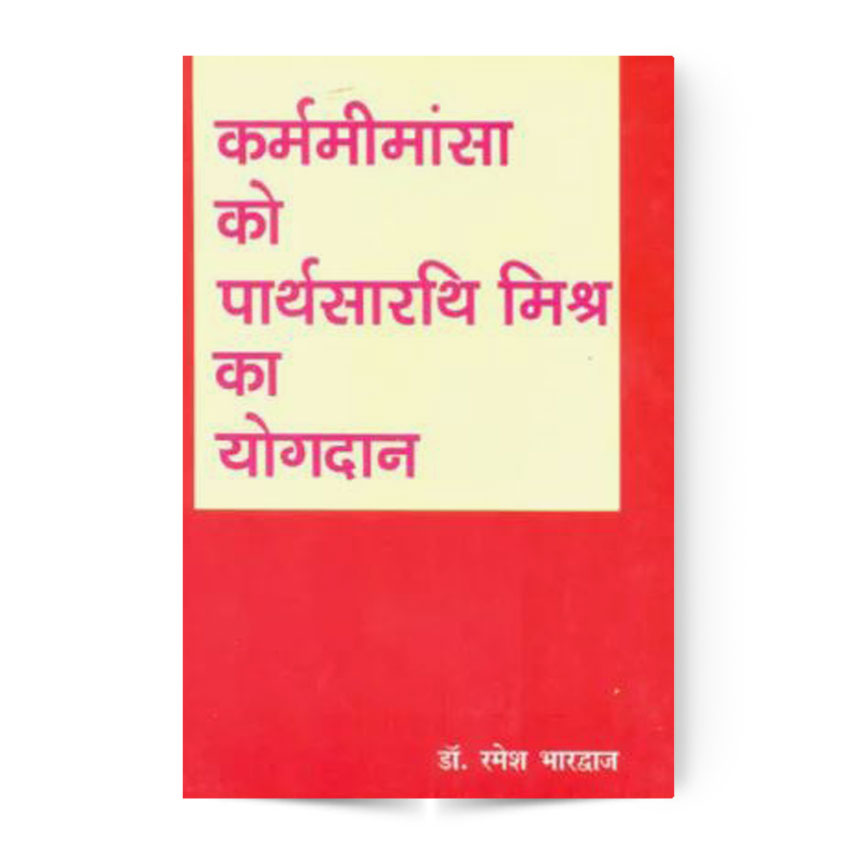
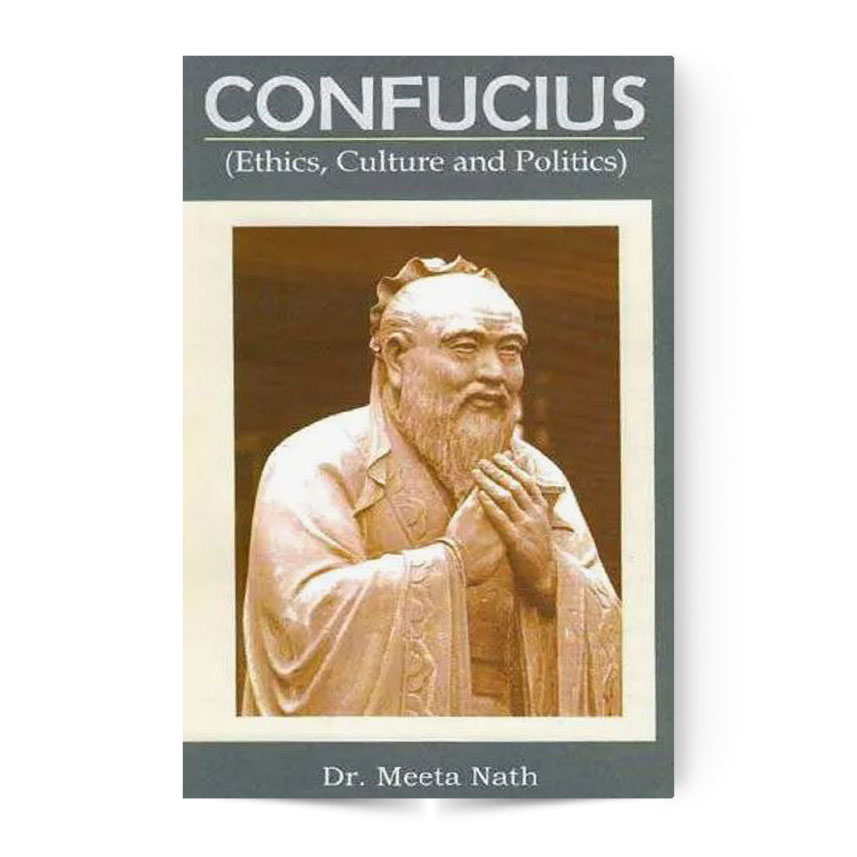
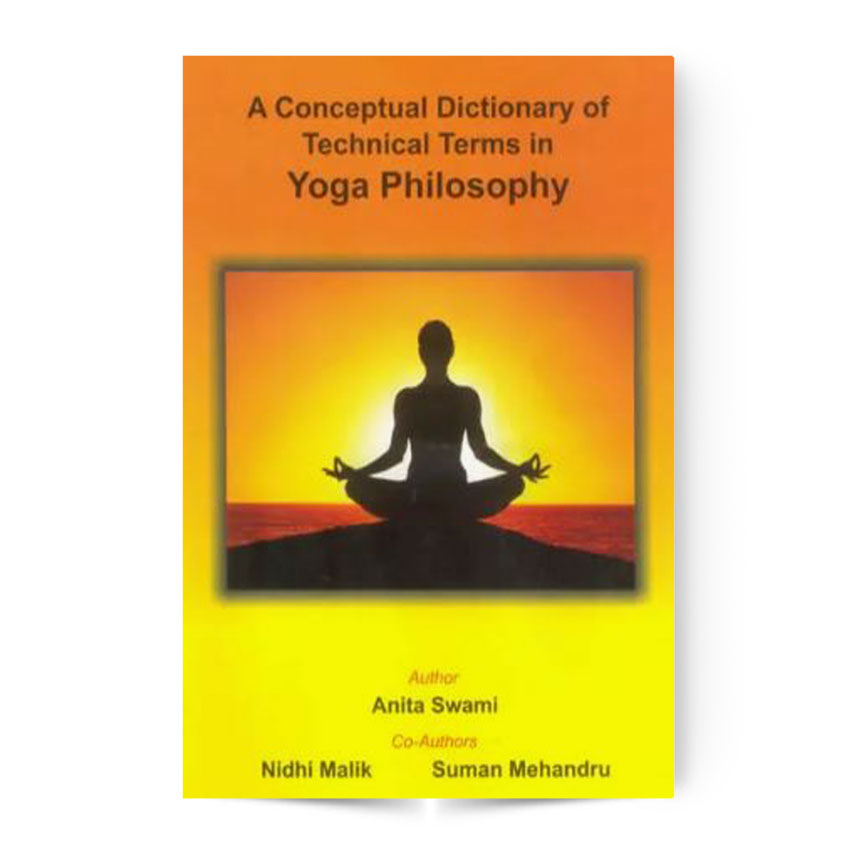
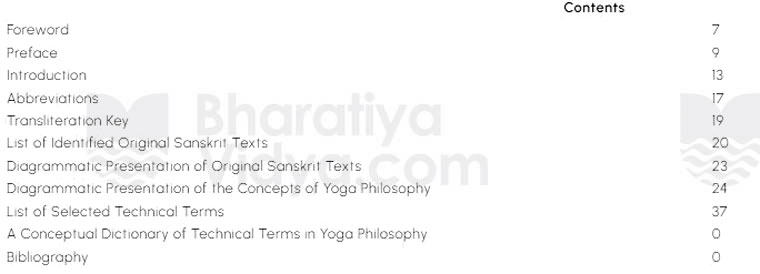
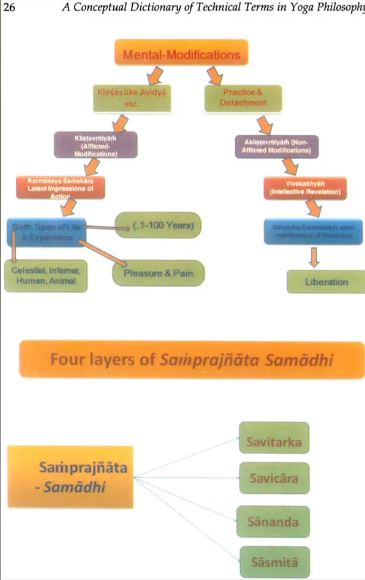
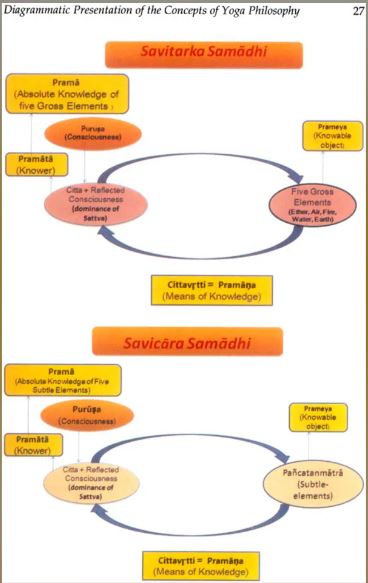
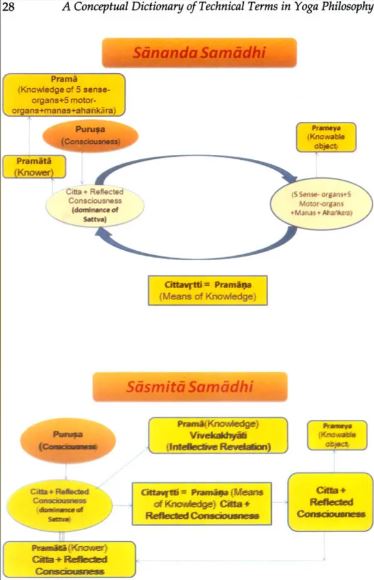
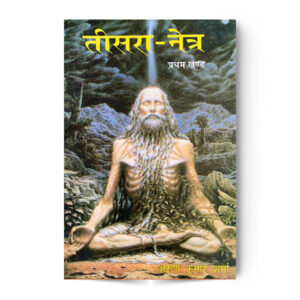
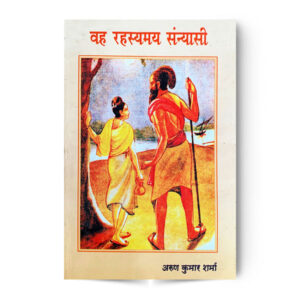
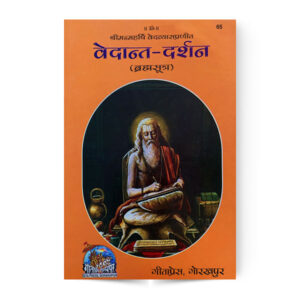
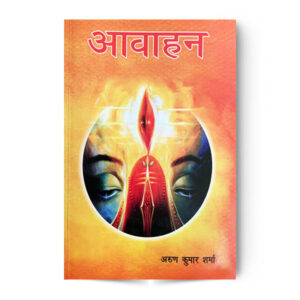
Reviews
There are no reviews yet.